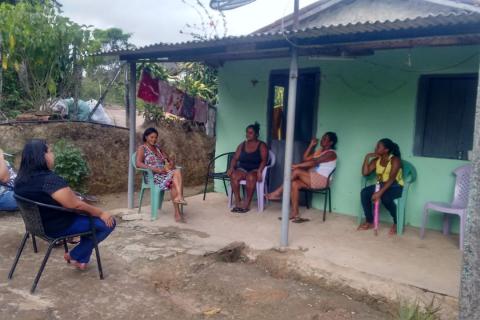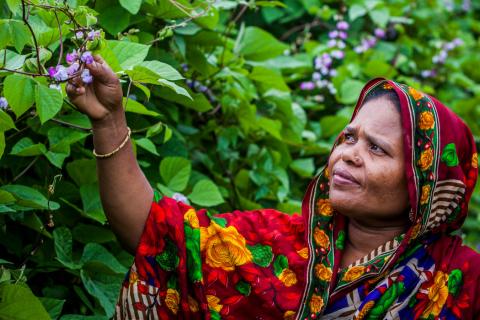RERA Act can help reduce property disputes by improving title records
India’s civil courts are reportedly clogged with property related litigation. Two estimates in this regard mention a figure of two thirds of all cases and eighty percent of all cases! It is believed that a large proportion of these are caused by lack of transparency in transactions and the absence of good title records.












